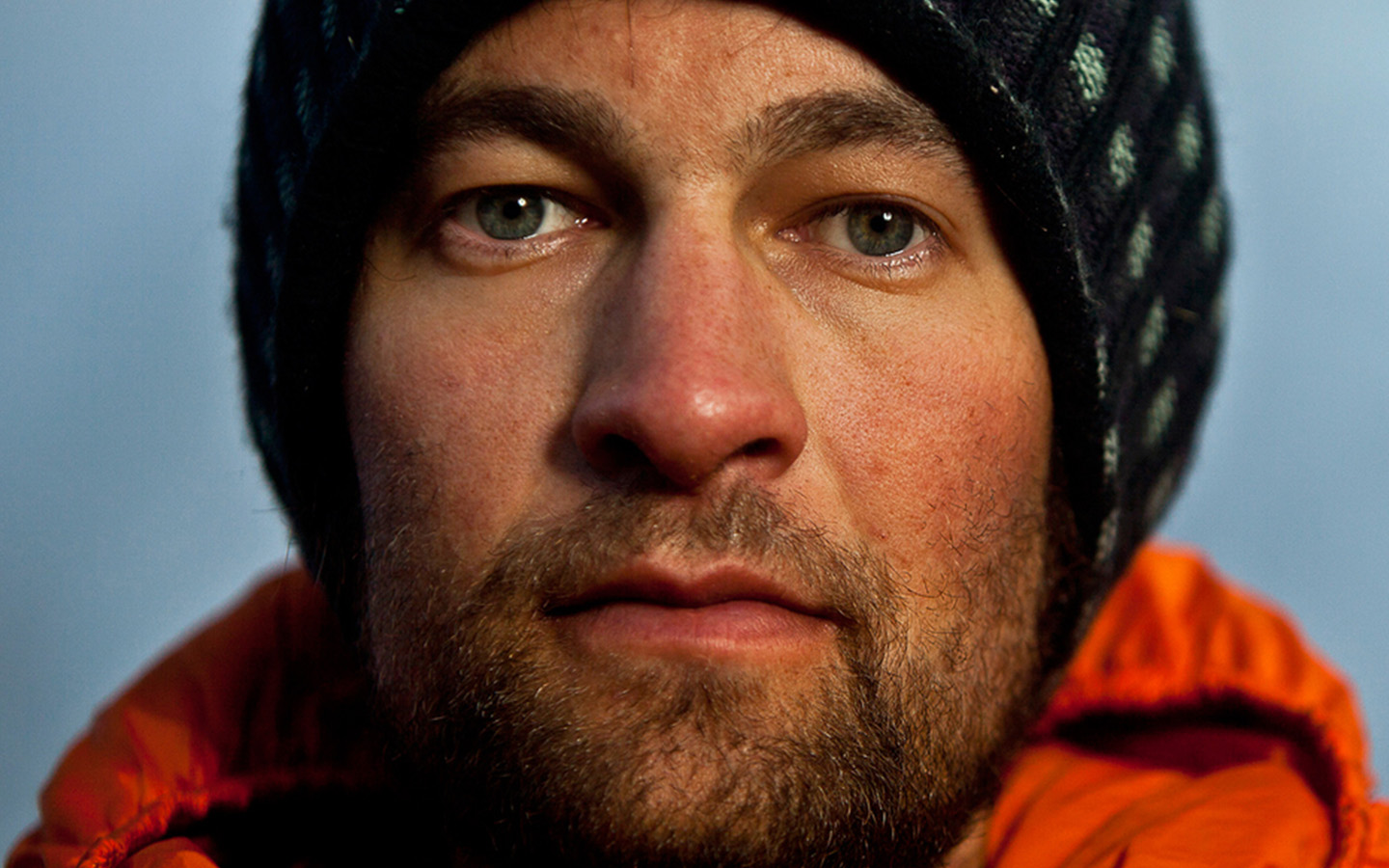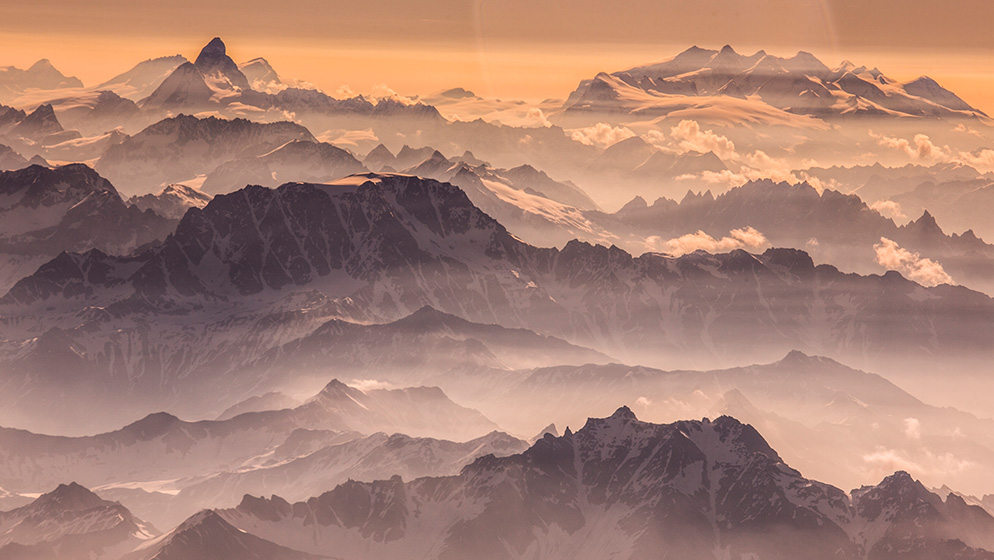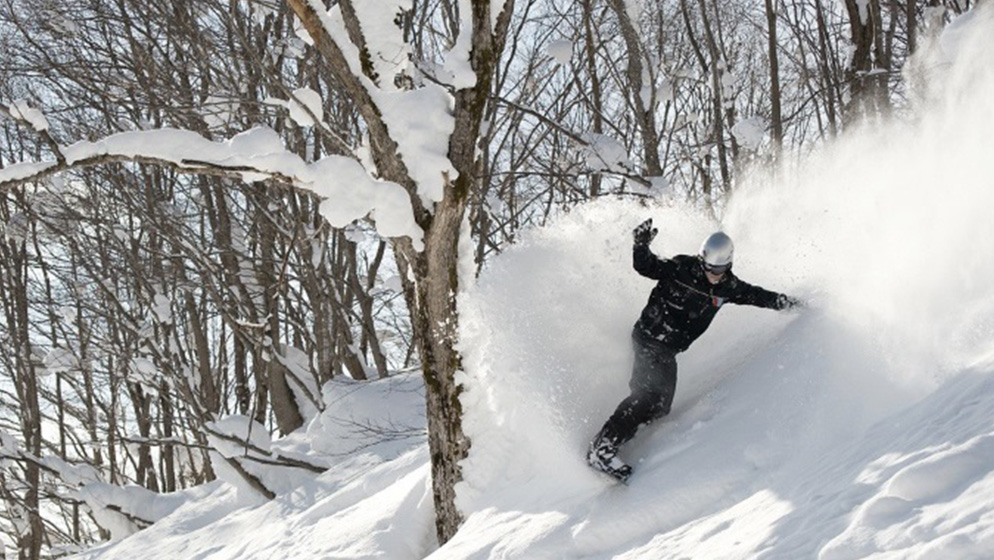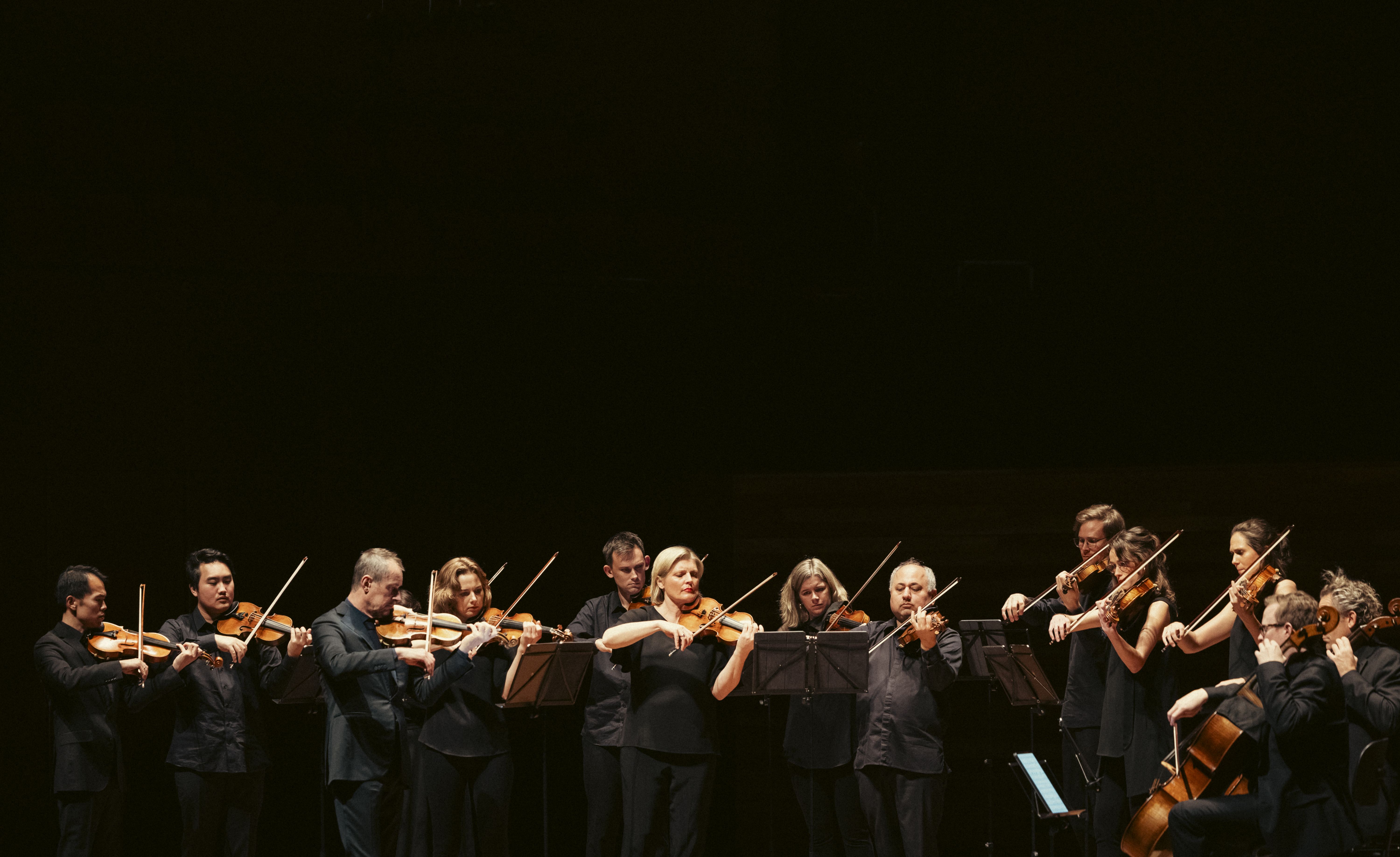
Renan Ozturk is an expedition climber, landscape artist, filmmaker, and cinematographer on the film Mountain.
Julian Thompson joined the ACO in 2006 and was amazed to find that he would be able to fuel his passion for music, education, and surfing as part of his work in a world-class chamber ensemble.
Is where you find yourself on your career journey anything like you envisaged starting out?
RO: Not at all, but I was never really focused on "getting anywhere" and more just passionate about where I was climbing in the mountains and trying to share that beauty with others through art, then film and photography. As soon as I started climbing the evolution of creativity has been a journey into the unknown, with storytelling always at the forefront.
JT: As a kid, I remember seeing a young, slightly disheveled, Richard Tognetti leading the ACO in performances that made my jaw drop. Their playing was risky, vibrant and alive, and I knew even then that I wanted to make music like that. I feel extremely lucky to have found myself part of the amazing ACO team. For me, it’s the perfect music making environment, the intimacy of chamber-music with the potential expression and power of a larger beast.
Your work takes you to some fascinating places, tell us about the ones that thrill you the most?
RO: Beautiful landscapes and sharp spikey mountain ranges never cease to draw me in, but lately I have really enjoyed exploring cultures on the fringe, places I feel truly lucky to experience and honored to help tell their stories. Places like Eastern Congo, Myanmar, the Honey Hunters, and always Nepal.
JT: We have the joy of performing in some of the world’s most prestigious concert halls forever associated with the rich history of western art music. Performing in these places somehow helps you to feel a different, perhaps stronger connection to the music, but for me my favourite memories are from the more obscure end of the spectrum, like the concert we gave in the old shearing shed at Gnaraloo Station in WA after filming The Reef - red earth, white sand and Emu Export – if we could bottle the vibe from that concert we’d definitely be onto something!

Mountain is a collaboration between many different people. What will you take from your Mountain collaborators into your everyday work?
RO: Everyone brought so much to this collaboration in really different ways. The creative zest and unbounded energy of Richard was inspiring, his attention to the fine detail of every note and its cadence, and how the music spoke to the part of the story he was composing. And not just him but his musicians and Joseph. They gave so much of themselves to the process. And Jen Peedom, Joanne, and the editors. Their creative process along with the writer Macfarlane, pouring over the meaning of mountains throughout history and diving deep into mountain footage shot over the last hundred years. It was a metaphor for climbing a mountain itself! Step by step, years of working towards a summit, in a truly collaborative effort. I can only hope to include what I’ve learned from all of them into my work on future collaborations.
JT: I absolutely agree with Renan, it’s an exciting dance when all of the protagonists in a creative enterprise such as this come to the table with strong ideas and intent, then work tirelessly towards a goal that lies somehow at the intersection of their collective knowledge and passion.
How do you balance risk and reward in the pursuit of your work?
RO: I've never been good at balancing anything at least not rationally. I tend to be driven by my passion, and sometimes it's risky to go further out onto a snow cornice for a better angle, or deeper into a jungle approach. Like any human, I try to avoid fatal injury but I guess I just trust my instincts to know when I have to back off. Everyone has a different line. I think you just feel it within yourself when the risks are getting too much.
JT: Watching Mountain I’m often thankful that if things go awry in our performances we may be stuck with the memory of an odd note out of tune or perhaps an imperfect attack. Not so for the daredevils in the film! For musicians somehow risk and reward is partly centered around the balance between complete abandonment and control – some say it’s this boundary between chaos and order where true art is created. It can be a hard balance to strike – Janos Starker the famous cellist and pedagogue used to say; "our job is to create excitement, not to get excited!"
What drives your pursuit of excellence – mission, passion, obsession, or all three?
RO: I'd say all these concepts point towards the same thing. The inner drive we have for our work, the energy that moves us, is all of those. It can't be forced, it's always inside and helpful to keep putting yourself into environments and situations that bring it out.
JT: All three play a role – a fair slathering of obsession is a must, passion a necessity and a mission or a goal central to tying it all together. I would add connection to that trifecta. It’s one thing to experience a pinnacle of art or landscape alone, quite a different thing to share that experience.
How do artistic and physical pursuits complement each other in your life?
RO: Being a mountaineer and having the ability to carry cameras at high altitude while moving constantly is a huge asset that I'm grateful for. The places I want to tell stories are in extreme environments and on big climbs, so it’s not even really an option.
JT: In quite a different way the physical and artistic are always closely aligned for musicians. Playing an instrument is an inherently physical activity, where micro millimetres really make a difference, so we strive to perfect the physical mechanisms that enable us to best express meaning through music. From a different angle I’m obsessed with surfing and the beauty of the ocean – sometimes it’s almost enough to paddle out and just sit amongst the rollers… almost enough... We spend endless hours engaged in asymmetric gymnastics on our instruments to which I find surfing a fantastic antidote.

